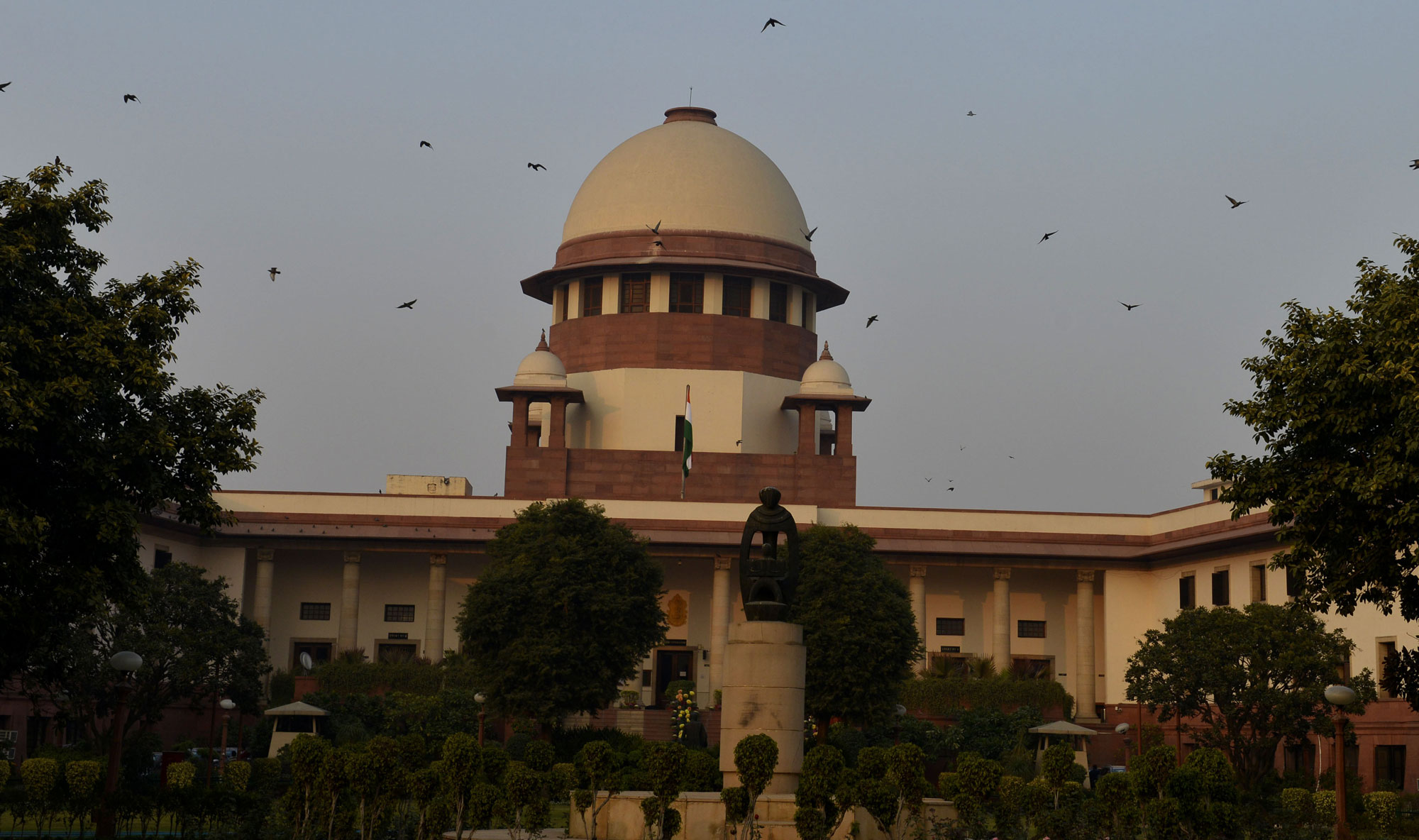The Supreme Court on Wednesday said that having just 12 special courts in the country for fast-tracking criminal cases against lawmakers was “grossly inadequate”.
It said it would pass directions for the establishment of more such courts once all the states complied with an earlier order to furnish data on the pending criminal cases against legislators. It said all the states must comply within four weeks, else their chief secretaries would be held personally responsible.
These 12 courts had been set up on directions the apex court had issued last November while dealing with a public interest plea from advocate Ashwini Upadhyay, who sought the fast-tracking of criminal cases against lawmakers.
“With the data available now it is clear that 12 courts are grossly inadequate.... Delhi has only 38 cases but there are states that have over 200 cases pending.... Now we will tell you where to set up additional courts,” the bench of Chief Justice Ranjan Gogoi and Justices Sanjay Kishan Kaul and K.M. Joseph told additional solicitor-general A. Nadkarni.
A government affidavit said that Delhi, Odisha, Andhra Pradesh, Telangana, Bihar, Uttar Pradesh, Maharashtra, Tamil Nadu, Kerala, Madhya Pradesh and Bengal had set up the special courts. Delhi has established two, one headed by a magistrate and the other by a district and sessions judge.
Nadkarni told the court that the Centre had a limited role in the matter as it was expected to provide only a part of the funds to set up these courts.
About 1,233 criminal cases have so far been transferred to these special courts, which have disposed of 136 of them, the Centre said.
In 2014, the apex court had ruled that criminal trials against lawmakers must be completed within a year. The court on Wednesday appointed senior advocate Vijay Hansaria to assist it after he said many states were violating the one-year deadline.
The court said that once the states furnished the data on the pending cases, Hansaria would compile them in a tabular form. The next hearing has been posted to the first week of November.

